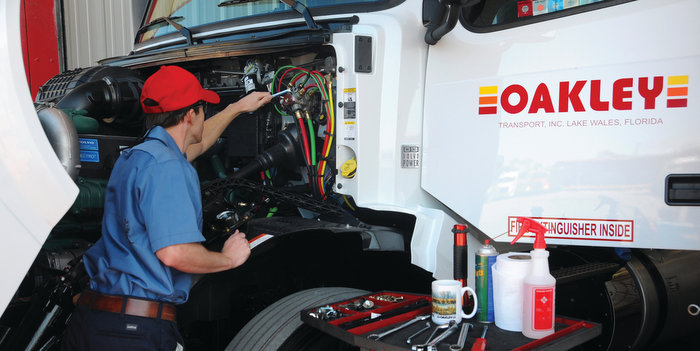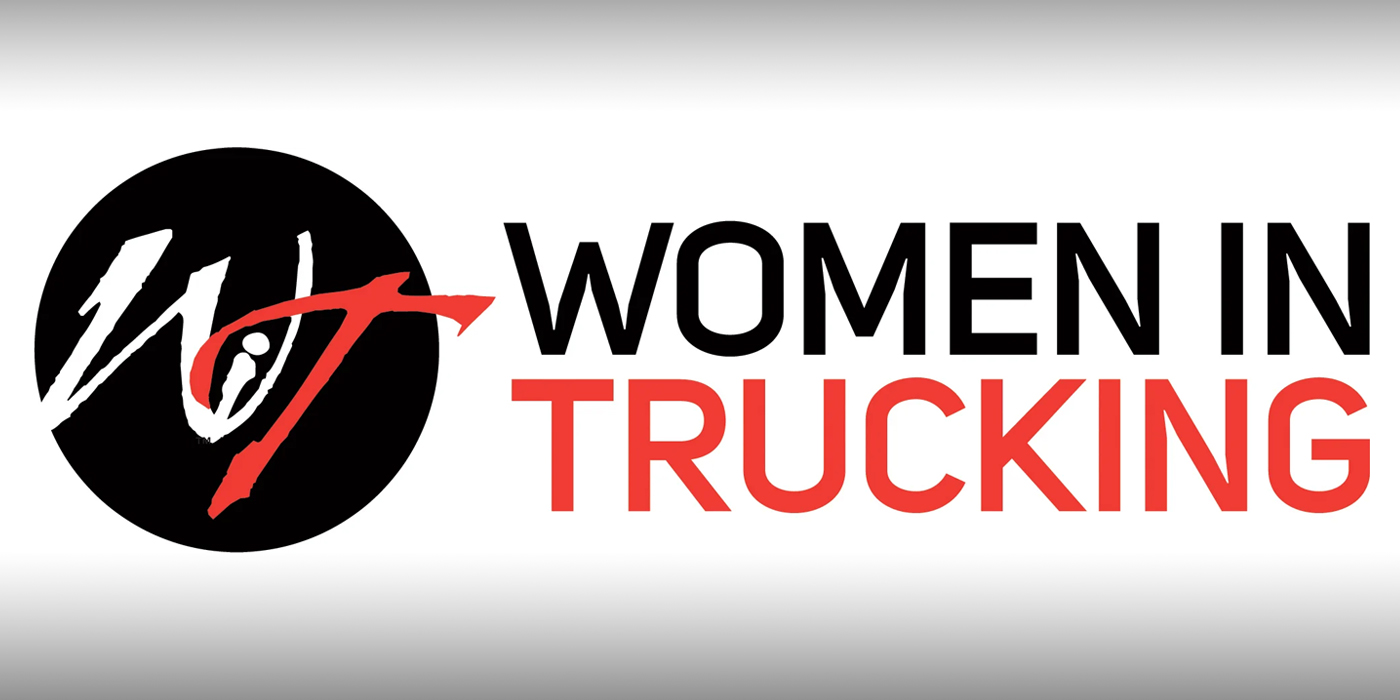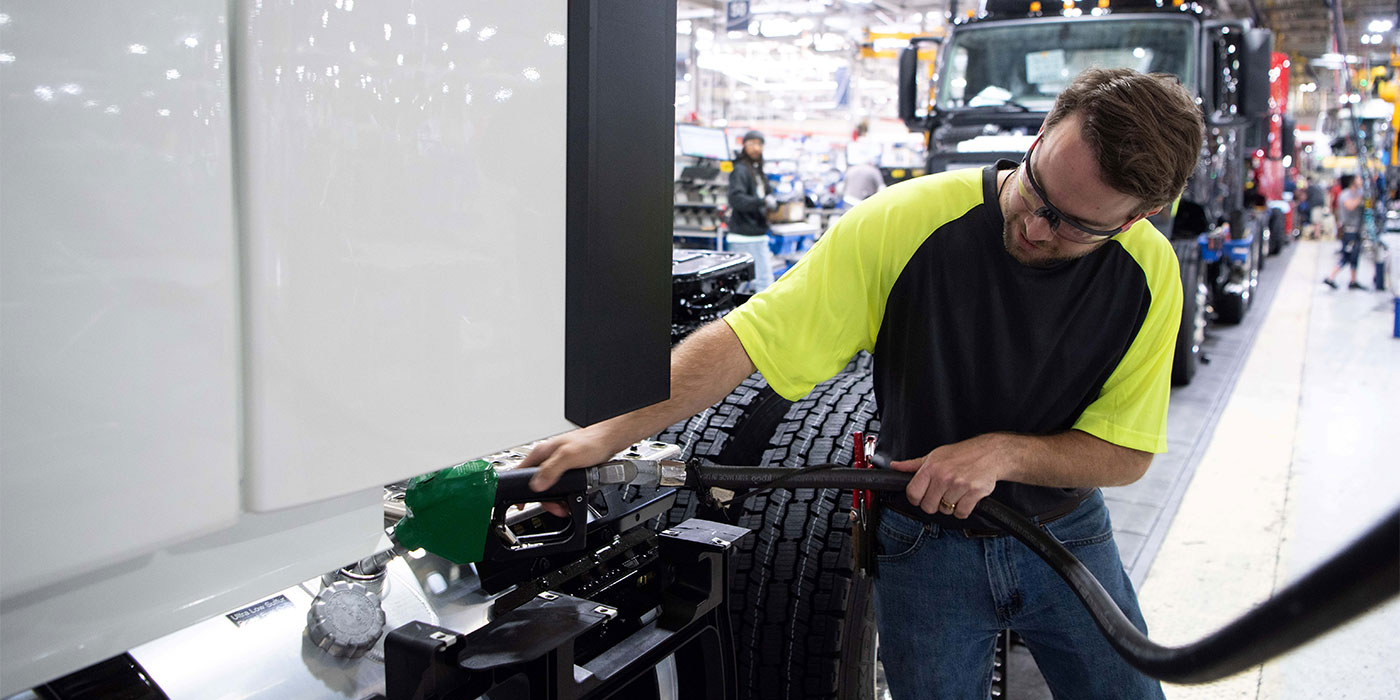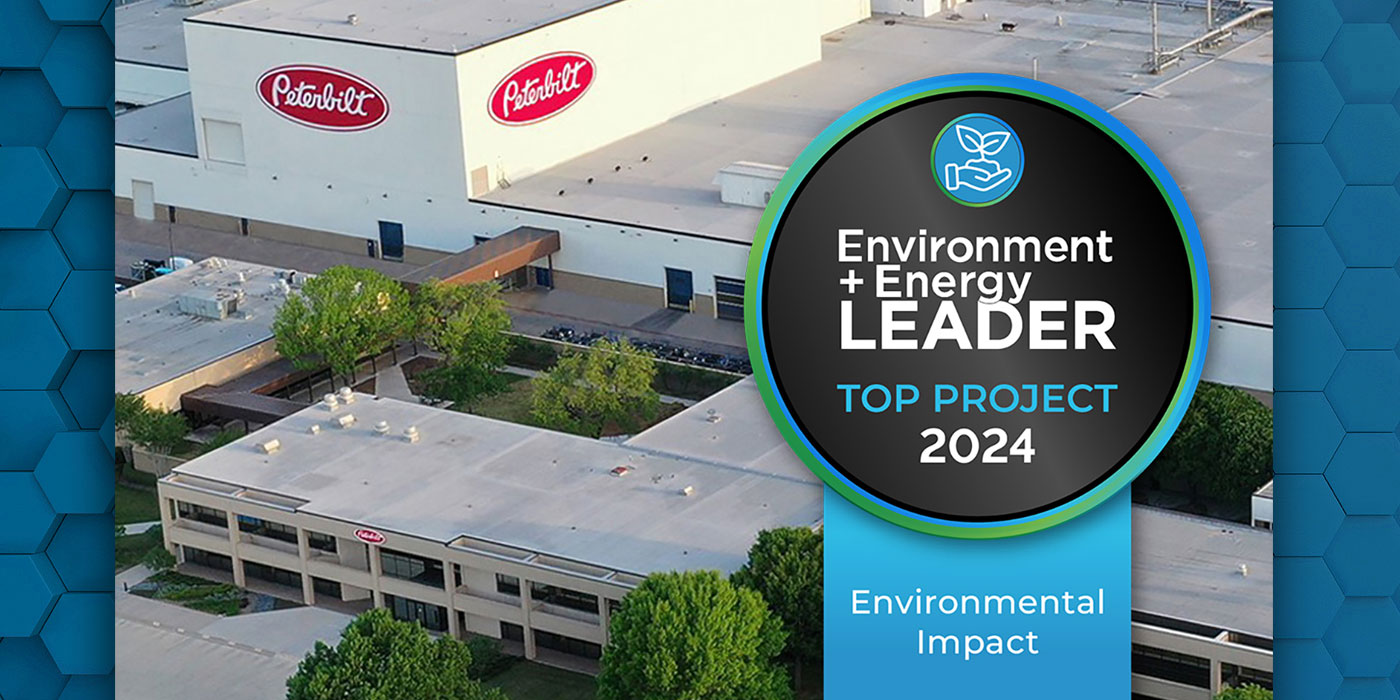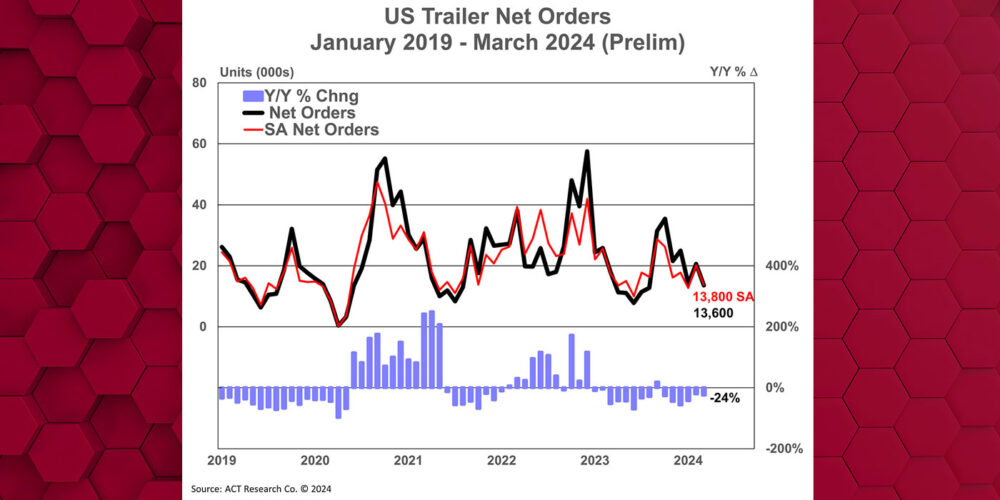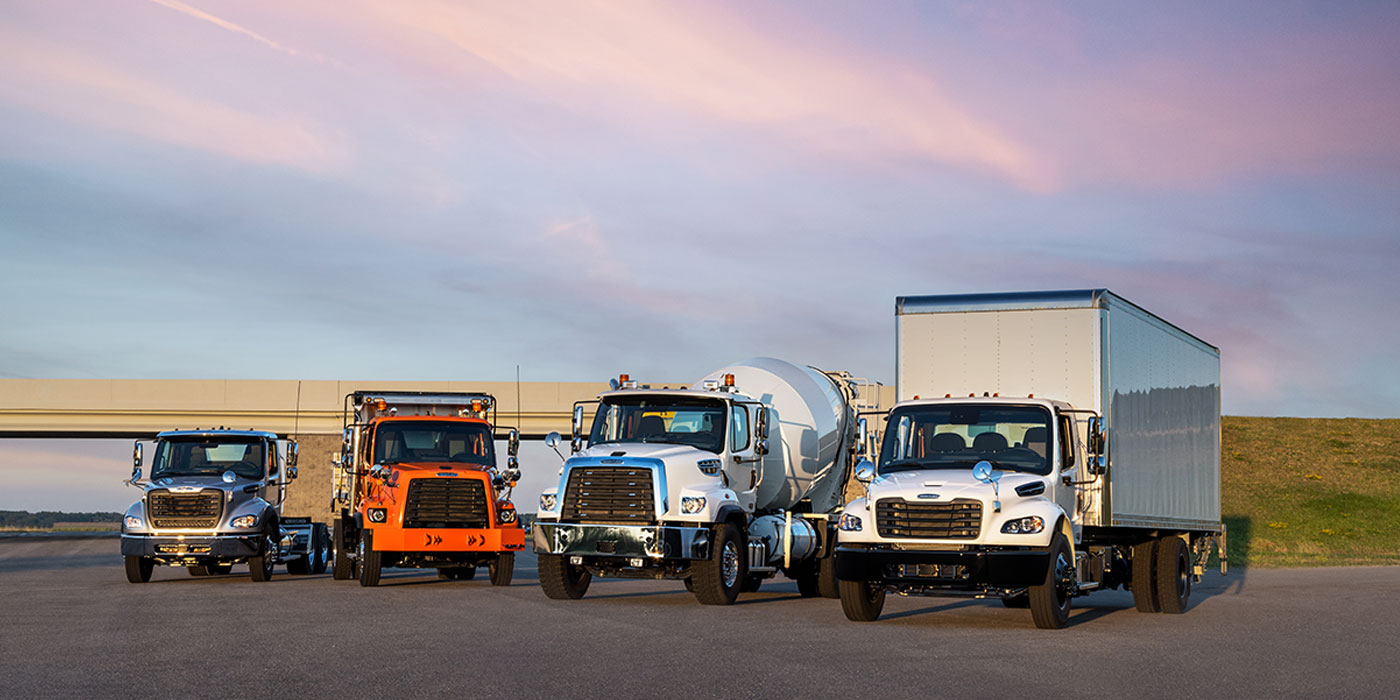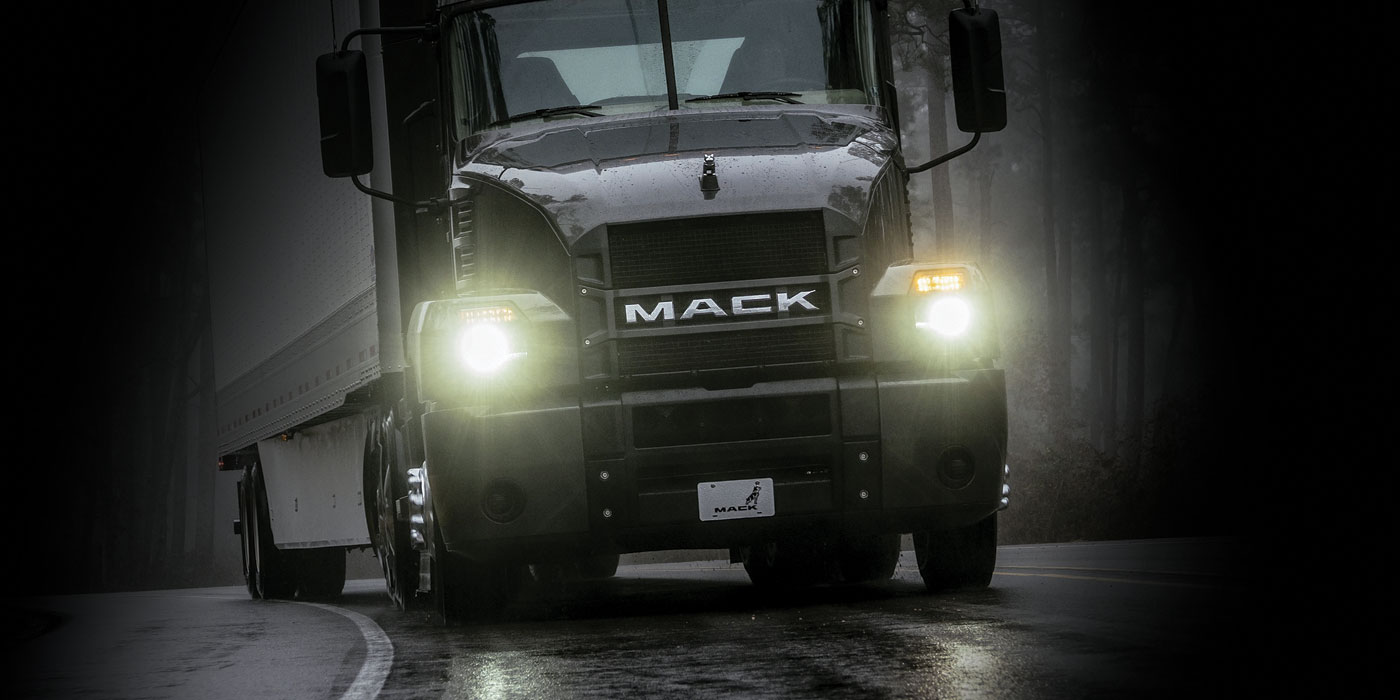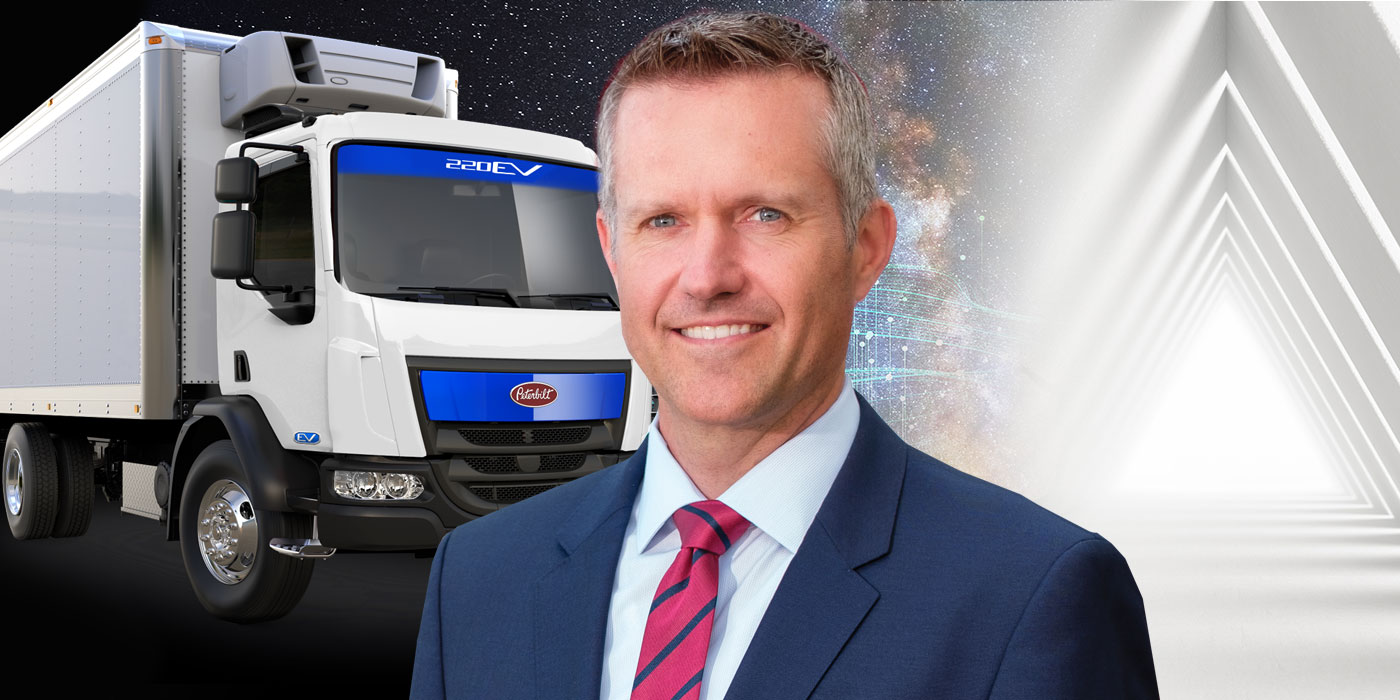Fleet Equipment asked a couple of fleet managers to tell us what their biggest concerns are related to keeping engines running smoothly—specifically related to coolant and coolant filtration. Kirk Altrichter, vice president of maintenance for Crete Carrier Corp., told us, “Among the biggest factors are EGR engine cooler leaks and radiator leaks, which make it extremely difficult to maintain the proper DCA levels. The EGR cooler leaks and radiator leaks make it extremely difficult to keep ELC from being mixed with standard or other coolants. If coolant is properly maintained, we end up with cavitation and pitted liners eventually leading to premature engine failure.”
Altrichter goes on to say, “Depending on the filter, 150,000 miles or longer is the current expectation.”
So what does he look for in a coolant filter? “Ease of maintenance, ease of identification of levels and it must meet all engine manufacturer requirements.”
Peter Nativo, director of maintenance at Oakley Transport, notes that the new 2012 engines in his fleet are operating much better than units built before that date. Because his fleet is a food-grade hauler (liquid bulk), it uses propylene glycol antifreeze, so its experiences may be different compared to other fleets that use ethylene glycol, In addition, the fleet uses a non-charged coolant filter and add their own additives when the test strips indicate that it is required.
“As a food-grade hauler we have to make sure we’re using coolant that will not kill humans or pets if consumed,” Nativo says, “The filter has to last for several months—which they do. We don’t have many issues at this time with our filters or the coolant. Our biggest challenge is finding dealers that have propylene glycol in their inventory.” He adds that the fleet expects 25,000 to 30,000 miles from its coolant filters. “In my former life at another carrier, I used pre-charged filters and they were very successful too. Whatever you use, you have to have a good maintenance program to monitor the coolant system or you will have issues.”

